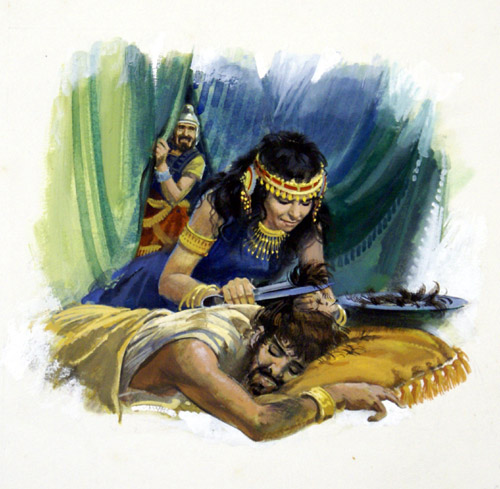Today's post is brought to you by Love's Labour's Lost and the tragic lover archetype. When we first meet our humorous Armado and Moth (no relation to the insect), we learn that Armado is in love with a woman quite below his social class and he is immediately compared to both a biblical and mythological tragic lover.
 |
| Look at the stars. The great tragic lovers of the past look down on us. So although things might suck, stick it out, if you hang in long enough, you might get your own constellation. |
This immediately sets the poor guy up to eventually be either incorporated into religion or catasterized. Or possibly both. But either way, things are probably not going to turn out well for him in a way that the audience will somehow find rather amusing.
The first character Armado is compared to is Hercules, the strong, indestructible God. Many people know the story of Hercules from the Disney version, but in the original Greek myth (much more likely to be the version Shakespeare aludes to), Hercules goes crazy and murders his wife. Twice. It isn't until he has obtained God-status through hardship and trials that he is given a goddess for his third wife, an immortal, and therefore impossible for him to kill. Unfortunately for Armado, I doubt that he's going to obtain God-status by the end of the play.
The second tragic lover Armado is compared to is Samson, blessed with infatigable strength as long as his hair remained unshorn. Unfortunately, Samson put his faith in the wrong woman who cut his hair while he was sleeping and turned him over to his enemies. He momentarily regained his strength after repenting for breaking God's commandment and marrying outside the covenant and died destroying the house of his captors.
Then we come to Armado himself. He is obviously a trained swordsman of great skill and has great strength, if not in his arm, in his blade. His mistake is falling in love with a woman during a period of time when consorting with women is forbidden. It can only be assumed that at some point his love for Jaquenetta is punished by fate, Ferdinand, or Jaquenetta herself. And, knowing Shakespeare's comedies, it'll be in some terribly amusing way that turns out to be okay in the end. But hey, if that doesn't work out, there's always the stars.


To be honest, when I read Moth's (prompted) comparison of Armado to the lover's mentioned here, I looked at it more as a typical Armado exaggeration. But, you bring up a valid point, that he probably will be punished (whether by himself or someone else) before things turn out alright.
ReplyDeleteI think it's a little of both. Sure, Armado is over the top and the comparison fits with his absurd character, but I think Shakespeare is also playing on this bit of characterization to do some foreshadowing.
ReplyDelete